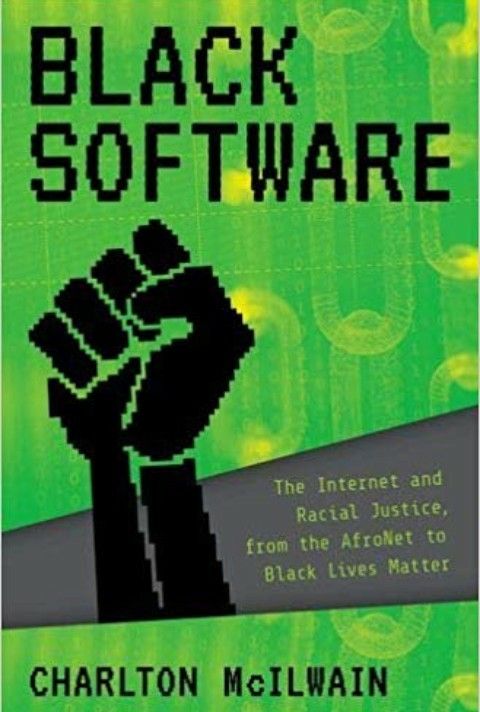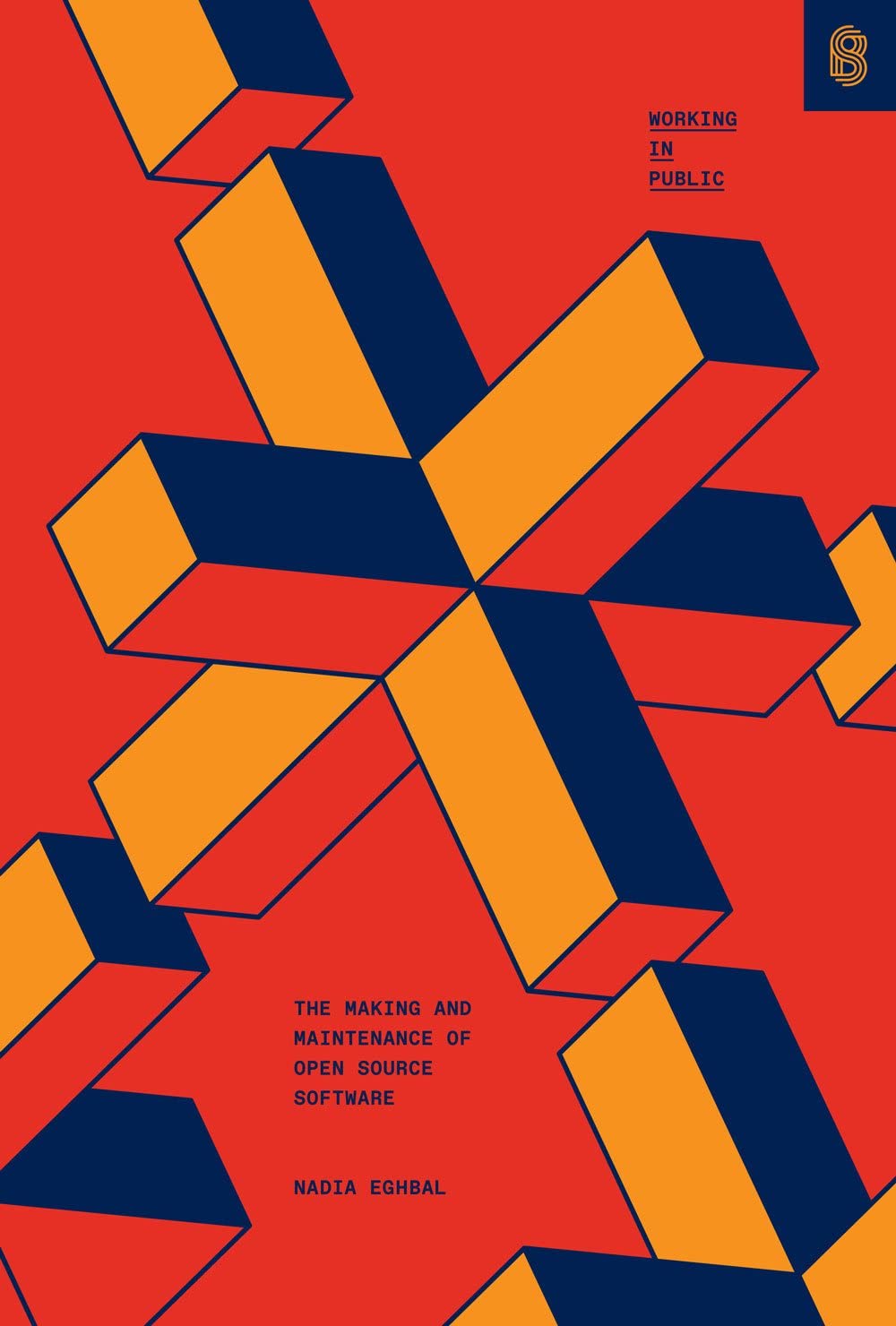Koven Smith finished reading How to Change Your Mind by Michael Pollan
Like Pollan's other books (or the ones I've read, anyway), this reads like a generalist's overview of the topic more than an in-depth exploration. And that's not a bad thing! If read as an index of "more things to explore further," rather than a book likely to offer profound insights, it is quite rewarding.












